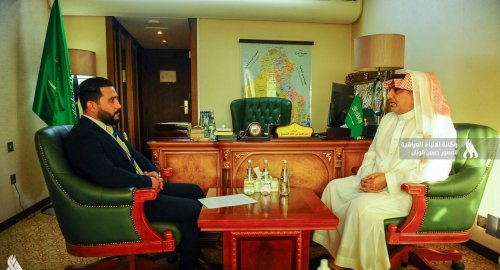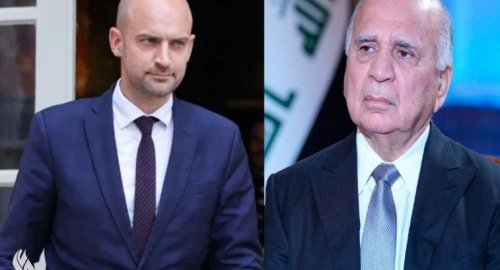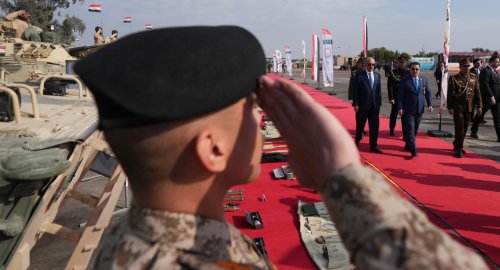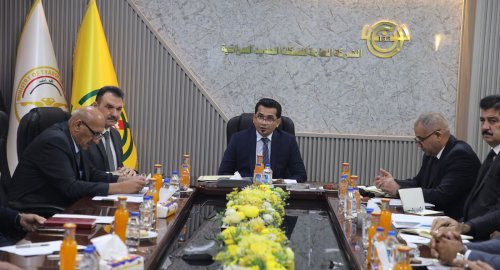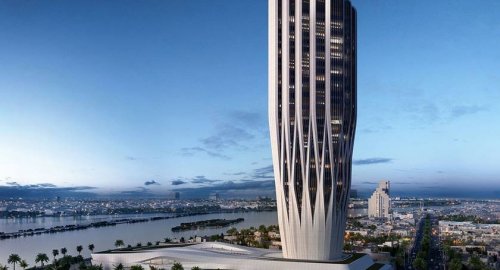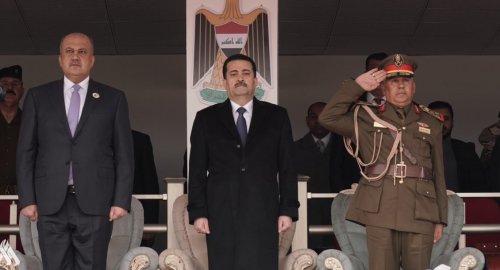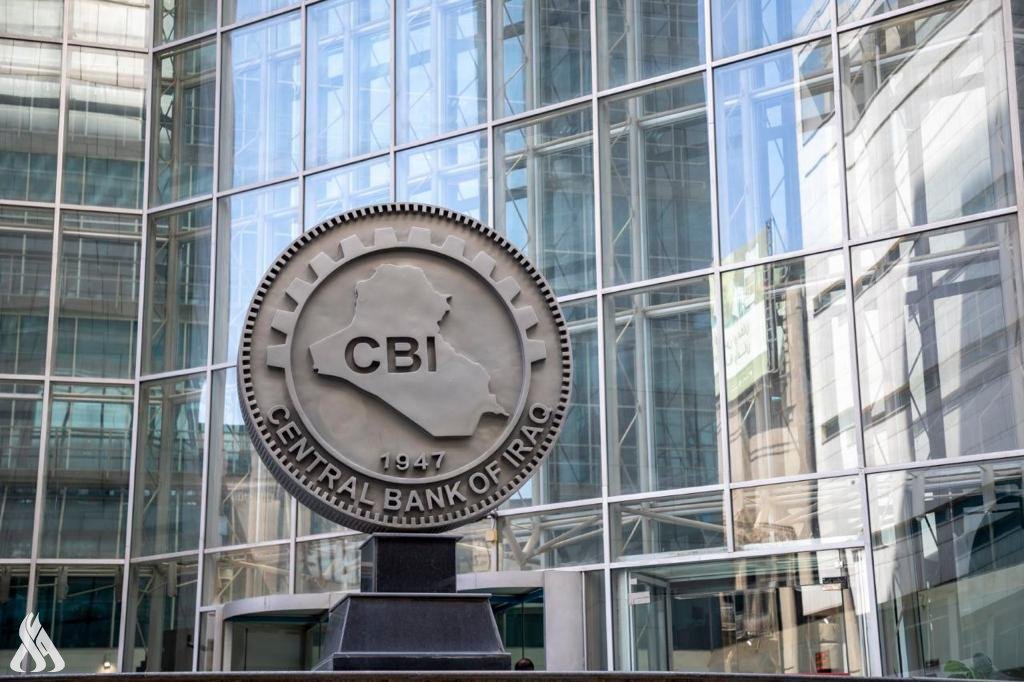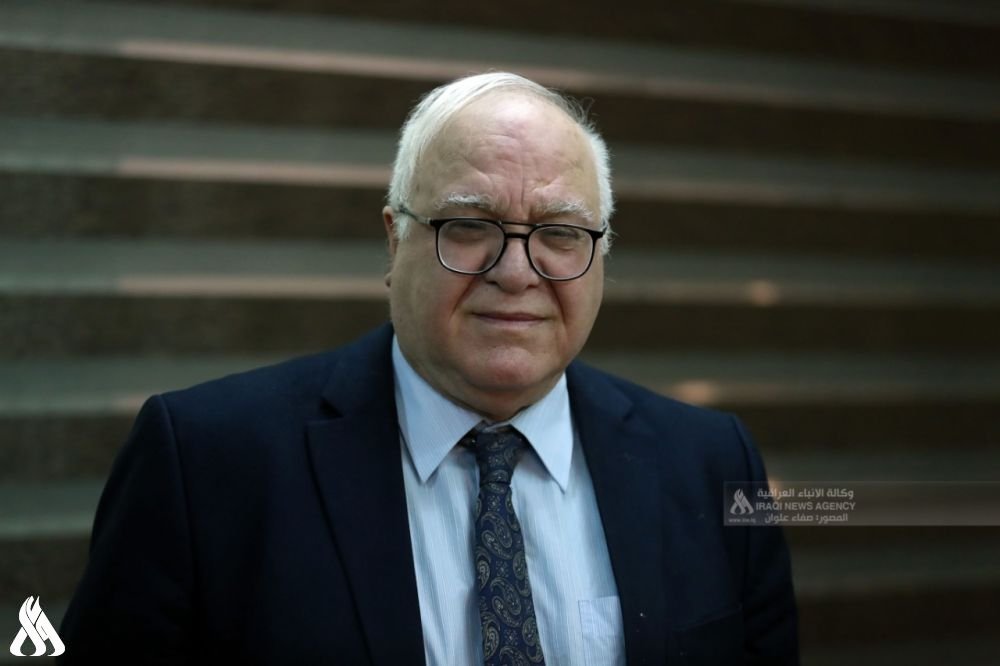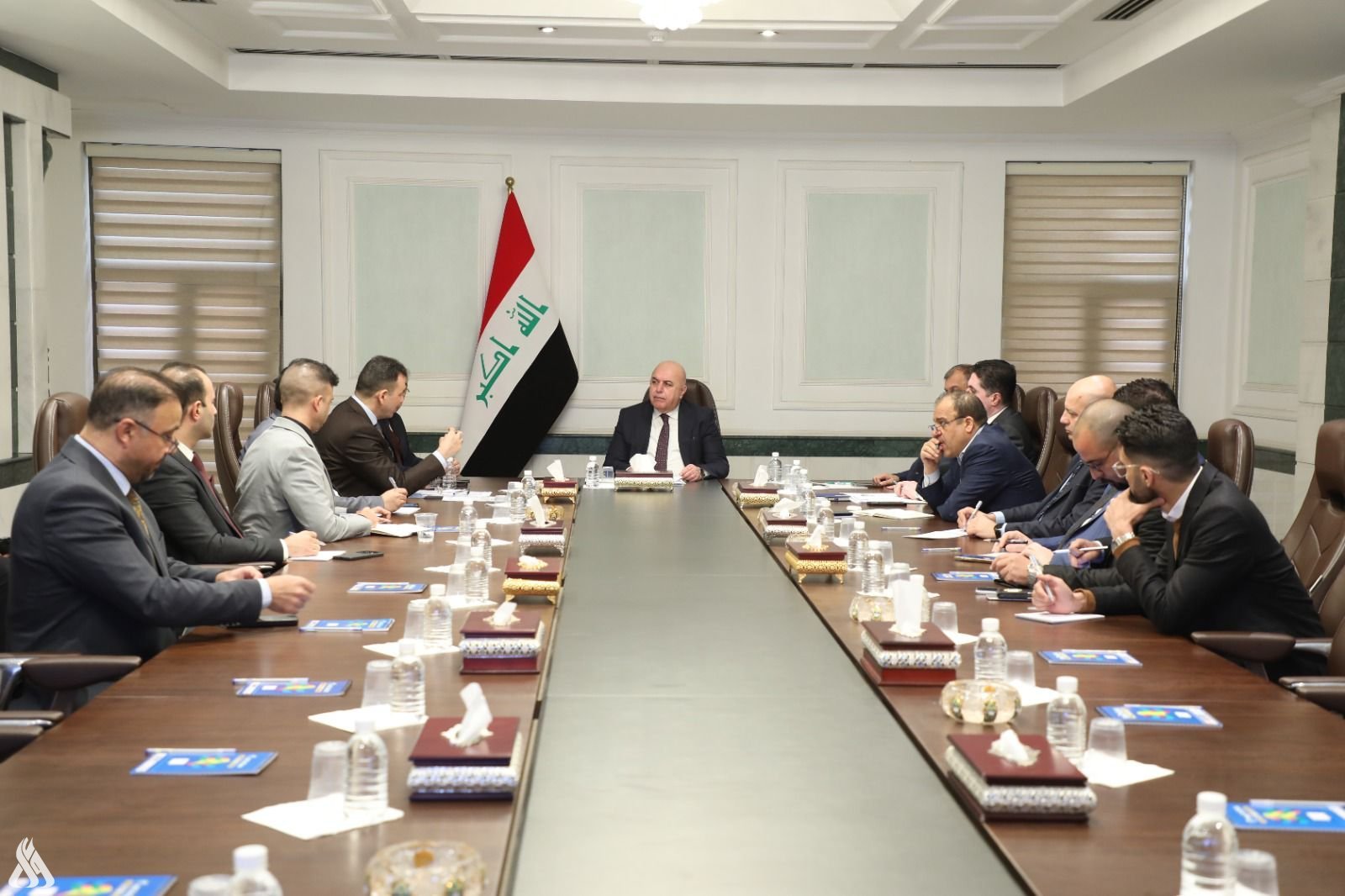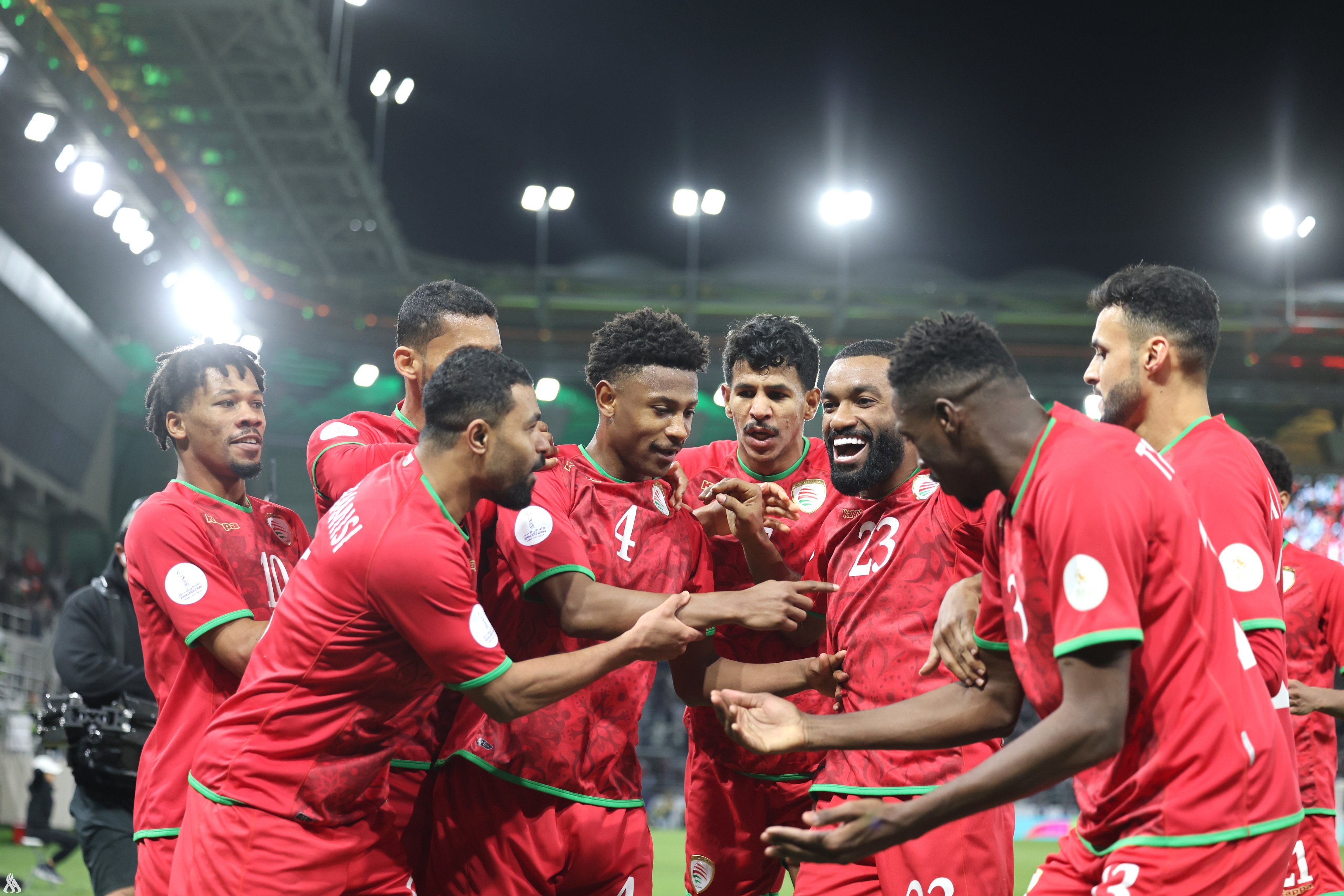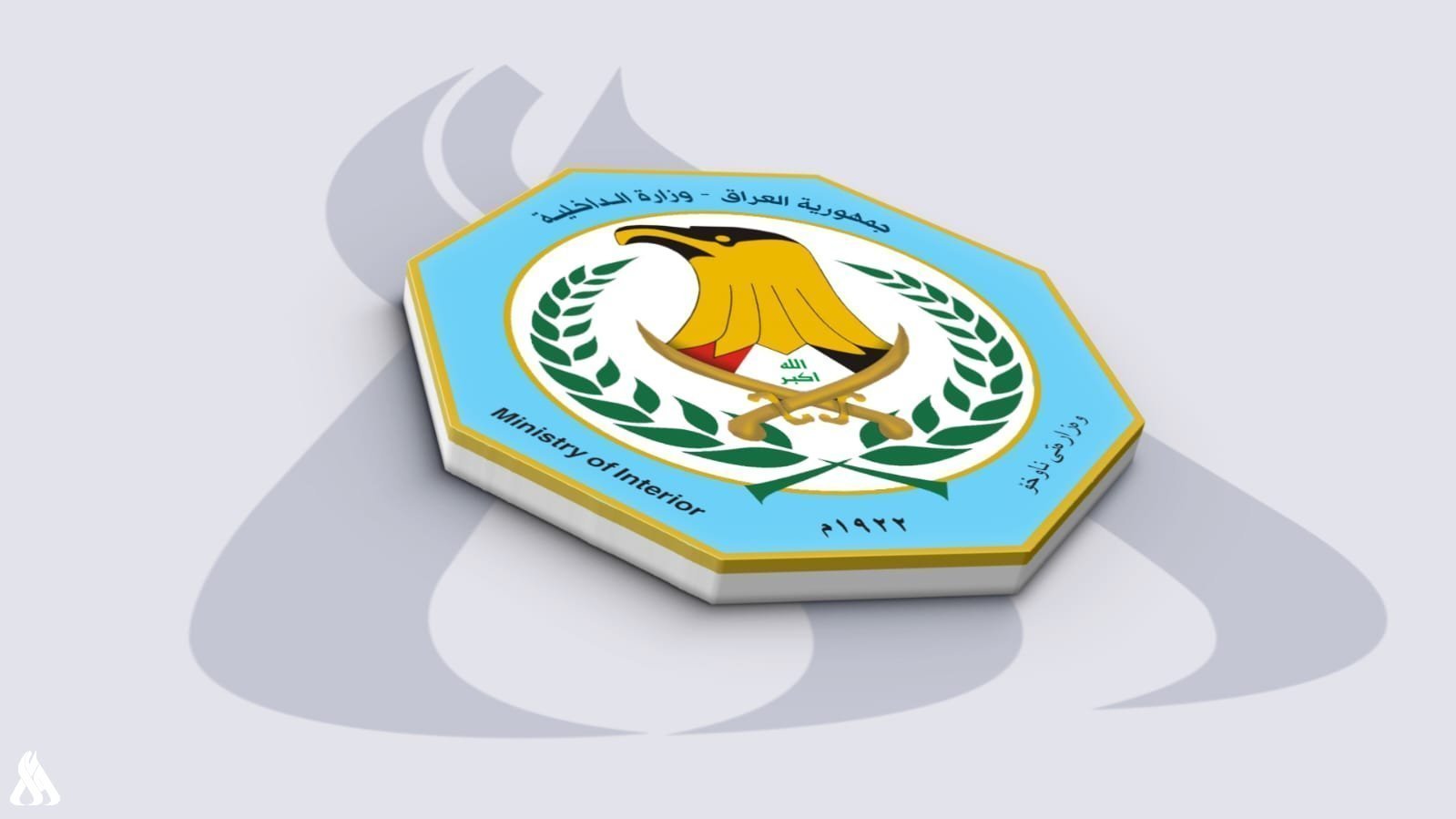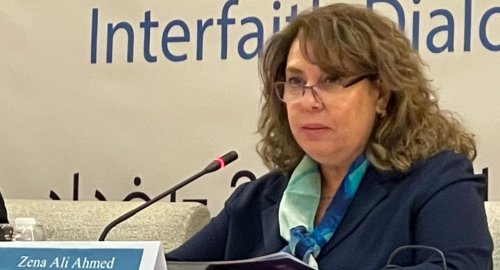
UNDP sets a three-pronged plan for working in Iraq

- 18-05-2022, 19:40
Baghdad-INA
The Resident Representative of the United Nations Development Programme in Iraq (UNDP), Zena Ali Ahmed, affirmed Wednesday, the mission's keenness to work with religious leaders as an influential partner in the Iraqi society, while identifying three-pronged plan to work with religious leaders in Iraq.
Ahmed said, in a speech during the 2nd conference of Interfaith Dialogue on the victims and survivors of ISIS, "I am pleased to be among you today in order to discuss the role of religious leaders in Iraq, promote social cohesion and peace, the return and integration of the IDPs, and to support accountability for victims and survivors of the killings, torture and genocide perpetrated by ISIS in this country,” noting that “today’s meeting comes as a confirmation of our faith in the importance of the religious leaders and religious institutions role in promoting a culture of peace and dialogue and respect for pluralism and difference in a way that guarantees preserving human dignity in order to create societies that enjoy sustainable peace and security".
She pointed out that "UNDP in Iraq works closely with religious leaders and within the three-pronged plan of the Secretary-General of the United Nations, which are preventing violent extremism, enhancing knowledge and capabilities, and building peaceful and fair societies based on the framework of the United Nations Development Program for Partnership with Religious Institutions, which was developed to enhance the efforts and experiences of global programs in partnership with religious leaders and their inclusion in policy-making, identifying societal priorities, and establishing networks to contribute to sustainable development, crisis prevention, peacebuilding, empowering women and protecting them from violence.”
" UNDP has been keen for years to work with religious leaders as an essential and influential partner in society within our programs to promote reconciliation and social cohesion, as we have worked with more than 2,500 religious leaders, clan elders, youth and women community activists, and civil society organizations to establish a network of peacemakers, Indicating that "our partnership with religious leaders has diversified to include several projects, including raising capacities and training trainers in the field of developing moderate religious discourse, refuting hate speech, communication skills, community dialogue between different sects and groups, and engaging in peace-building programs and preventing violent extremism," she added.
She stressed that "UNDP will prove their partnership with all community leaders in the coming period to support the return and reintegration of displaced families, support peaceful coexistence and reject violent extremism."
CBI: We have achieved a great achievement in abroad remittance
- Economy
- 25/01/01
Oman wins over Saudi Arabia to reach Gulf Cup 26 final
- Sport
- 24/12/31


